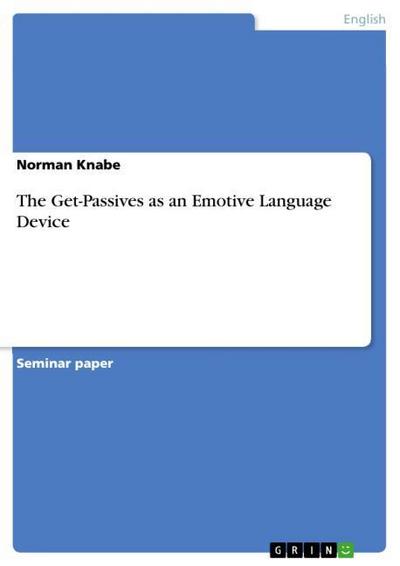
DISCLOSURE: When you click on links to various merchants on this site and make a purchase, this can result in this site earning a commission at no extra cost to you. Affiliate programs and affiliations include, but are not limited to, the eBay Partner Network, Amazon and Alibris.
The secret of success is constancy to purpose.
touch the result table below to hide quote


DISCLOSURE: When you click on links to various merchants on this site and make a purchase, this can result in this site earning a commission at no extra cost to you. Affiliate programs and affiliations include, but are not limited to, the eBay Partner Network, Amazon and Alibris.